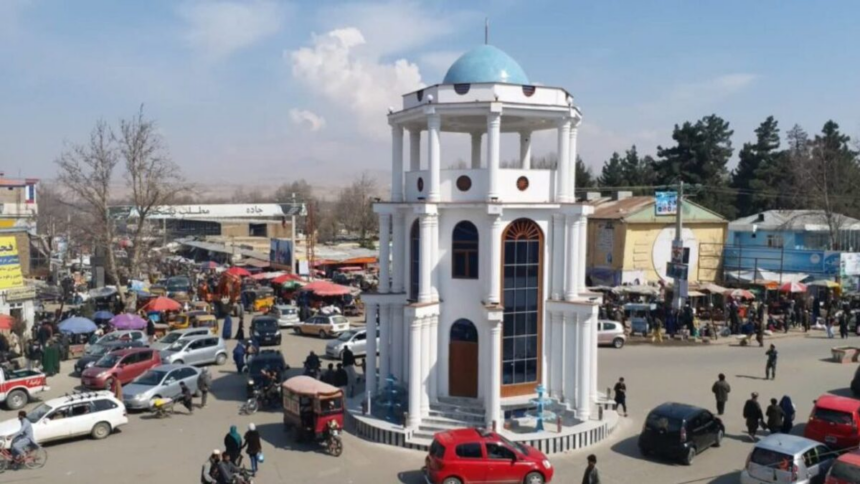RASC News Agency: Local sources in Takhar province have confirmed that Taliban intelligence operatives have arrested one of the group’s local commanders, along with his brother, on charges of kidnapping. The incident occurred in the Nahr Chaman area of Taloqan, the provincial capital. According to sources, the detained commander identified as Najib was taken from his residence together with his brother, while their home was subjected to a thorough search. Reports further indicate that Najib’s fighters have been disarmed. Taliban authorities in Takhar have so far refrained from issuing any official comment. This case underscores a recurring pattern of lawlessness within Taliban ranks. Only days earlier, in neighboring Kunduz, the Taliban claimed to have killed two alleged thieves. However, it was later revealed that those killed were in fact Taliban members themselves, who had been engaged in an armed robbery before clashing with the group’s own intelligence units.
Analysts argue that such incidents reveal the deeply criminal origins of many Taliban commanders and foot soldiers. A significant number of these individuals had been arrested under the previous government for crimes such as murder, armed robbery, kidnapping, and narcotics trafficking. Many either escaped prosecution or were released during the collapse of the Republic, subsequently joining Taliban ranks. Now, they continue their criminal enterprises under the cloak of political legitimacy afforded by Taliban rule. Far from restoring security, the Taliban have in many cases facilitated the continuation of organized crime. Former convicts and fugitives have been empowered as local commanders, blending their past experience in violence and criminality with newfound political authority. As a result, serious crimes ranging from kidnappings and extortion to armed robberies and targeted killings are increasingly tied directly to Taliban members themselves.
These events demonstrate that the Taliban’s promise of “law and order” is nothing more than an illusion. Instead of dismantling criminal networks, the group has absorbed and legitimized them, embedding lawlessness into the very structure of its governance. Consequently, Afghanistan today faces a grim reality: rather than ending insecurity, the Taliban’s rule has institutionalized criminality, leaving ordinary citizens more vulnerable than ever to violence, extortion, and abuse at the hands of those who now claim to be their rulers.






